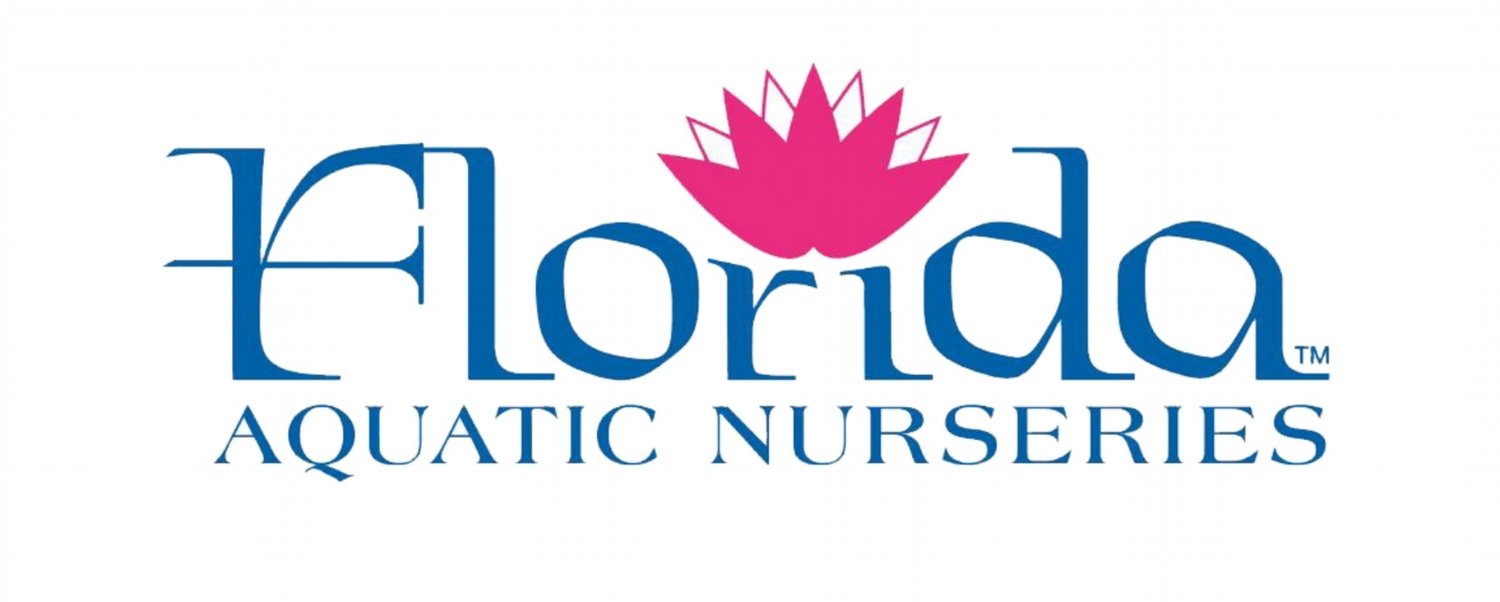The City of Chicago Outlaws Egeria densa AKA Anacharis
By Brad McLane and
Dr. David Sutton
Regulation of plants is nothing new in the US. Federal and State Governments publish lists of both terrestrial and aquatic plants considered noxious. For a plant to be placed on these lists certain protocols must be met and these lists are updated regularly. The outlawing of Egeria densa by the City of Chicago is unique since it is not listed on either the Federal or State of Illinois noxious plant lists.
Government Regulators in Florida were very active early on in regulating noxious aquatic plants such as Hydrilla and Water Hyacinth. Florida with its warm climate, abundant lakes and rivers and numerous aquatic plant nurseries was at the epicenter of aquatic plant introductions and took serious steps to protect its water bodies. Until recently, most other states were not too concerned about aquatic plants thinking that aquarium plants were tropical in nature, confined to a fish tank, or the Feds would prohibit the aquatic plants considered noxious to their bodies of water. This line of reasoning worked well until the water garden trade expanded.
In the early 2000’s the water garden trade exploded and with it many new varieties of aquatic plants were produced. Several factors changed the scope of aquatic plant production. Firstly, whereas most aquarium plant nurseries were located in Florida and S. California, many water garden plants were hardy in nature and could be produced in most any state in the US. Secondly, the water garden trade dwarfed the aquarium trade in number of nurseries and numbers of plants varieties produced. Thirdly, water garden plants were planted outdoors in ponds, which made it more likely a plant would find its way into a natural water body.
Shortly after this Water Garden Nursery explosion, individual states started passing their own laws regarding noxious aquatic plants. However, passing a law by a city to prohibit an aquatic plant is new and somewhat alarming. To our knowledge this is the first time a city has outlawed an aquatic plant, which, in fact, is not on either the Federal or State of Illinois lists. Also, Egeria densa is currently growing in at least four counties of Illinois.
Egeria densa AKA Anacharis in the US has been a mainstay in the Aquarium and water garden industries. In fact Egeria densa was once the number one selling aquarium plant in the US. At its peak as many as 100,000 plus bunches of Egeria densa were sold per week in the US.
Egeria densa is native to southeastern Brazil and other areas in South America; hence one of its common names is ‘Brazilian Elodea.’ It was introduced to the US in the late 1800s’ and quickly became a popular aquarium plant because of its and ability to supply abundant amounts of oxygen to the water and its beautiful dark green dense leaf arrangement. Also, Egeria densa became a favorite subject for study in many botany classes because of its unique characteristic of having leaves that are two cell-layers thick.
Governmental regulations regarding exotic species have increased dramatically in the past few years and will probably continue to increase as time goes on. Most of the laws passed are science based and necessary. However, if allowed to go unchecked some restrictions will be passed unnecessarily and could probably be solved in other ways. The State of Illinois has not outlawed Egeria densa so why did the City of Chicago? It appears that it is important for those in the hobby to pay attention to their city and state lawmakers in the future. Also restrictions such as this may make it difficult for teachers to use plant material such as Egeria densa for science education.
References:
Federal noxious plant list: http://plants.usda.gov/java/noxiousDriver
